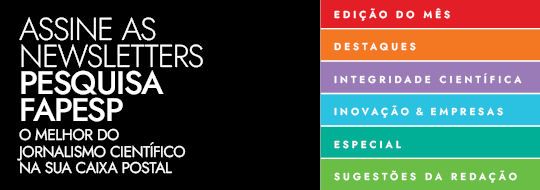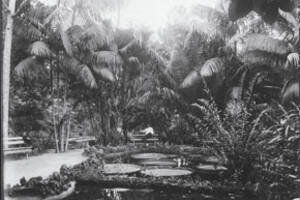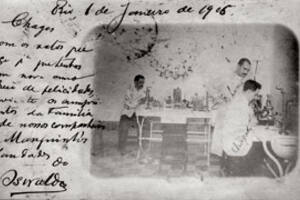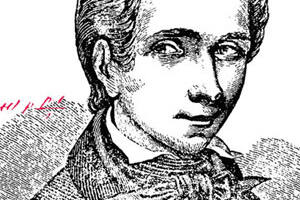History
History of science
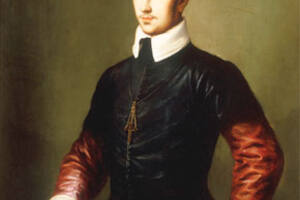
Even so, sound moves
Galileo's father influenced his son in the search for experimental truth
By Carlos Haag
Foreign affairs
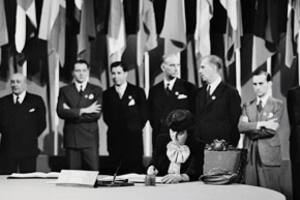
Dance of the wheelchairs at the United Nations
The idea of Brazil on the Security Council came from the US
By Carlos Haag
Spices
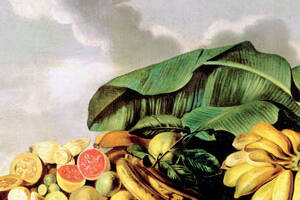
What do you hunger for?
Eating habits help understand the dynamics of relations in colonial Brazil
By Carlos Haag
Fabrics of history

The clothes that Brazilians wore during the ‘coffee with milk’ part of their history
What the First Republic hid beneath its clothes
Expedition

Science to create a nation
Rondon Commission naturalists helped to formalize scientific research
By Carlos Haag
Archaeology
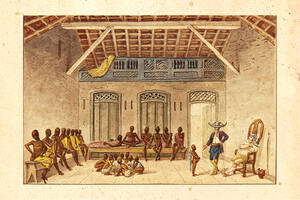
Silent discourse of the slaves
Remains of Africans slaves were found in the center of Rio de Janeiro
By Redação
Memory
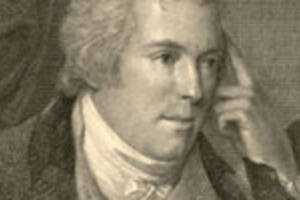
Pragmatic science
The first state laboratory for chemical analyses was established 200 years ago
Year of Chemistry

Science, a (not very) feminine word
Marie Curie is still one of the few women on the list of laureates in the area
Memory

Sailing on familiar seas
Colonial Brazil produced in the 17th century the galleon Padre Eterno
Regional rebellions
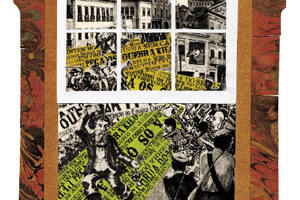
The mutineers of the Empire
Popular participation in nineteenth century uprisings greater than thought
Luiz Felipe de Alencastro
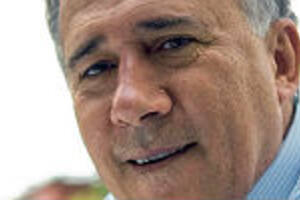
Luiz Felipe de Alencastro: Brazil’s observer in the South Atlantic
Historian proposes that the Brasil's formation took place outside its borders
History of FAPESP V

Competition in the sky
FAPESP have helped astronomers and astrophysicists produce science
International Year of Chemistry
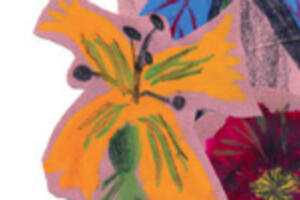
Flavors and perfumes
Sweet, bitter and smelly compounds are the main characters in the story
Political science

Civil resistance and dilemmas of culture
Research explores conflicts in the opposition to the military regime
History of FAPESP III
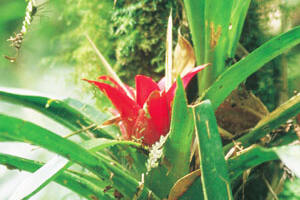
Ecological path
FAPESP has been investing for five decades in biodiversity studies
History of FAPESP II
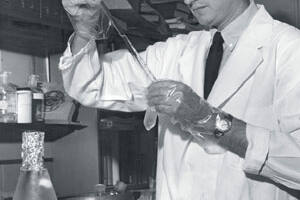
New paradigms
The Bioq-FAPESP Program boosted biochemistry in the 1970s
Melancholy
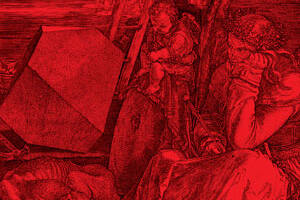
Psychology from the pulpit
The colonial roots of understanding the national soul
By Carlos Haag
Jesuits
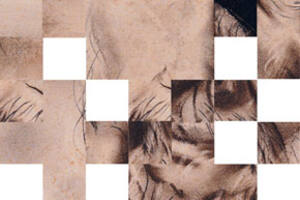
The man of God in the court of men
Biography shows Father Vieira as a skilled political orator
By Carlos Haag
Memory

Mapping the New World
Astronomers determined latitudes in the Amazon and wrote about the region
History of FAPESP

FAPESP 50 years
On the way to its fiftieth anniversary
